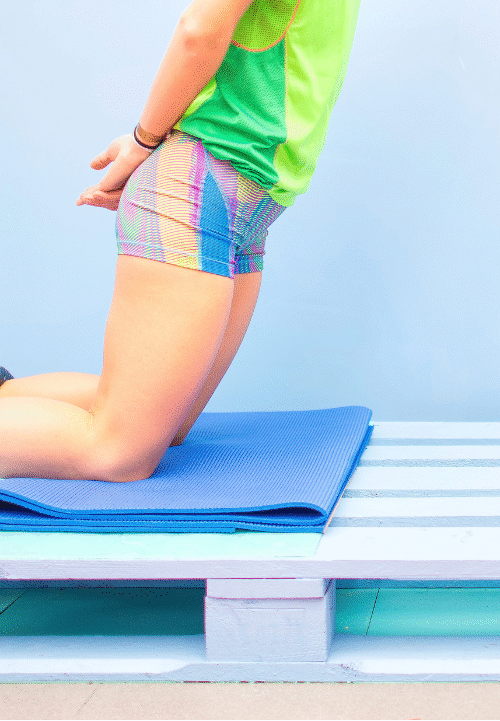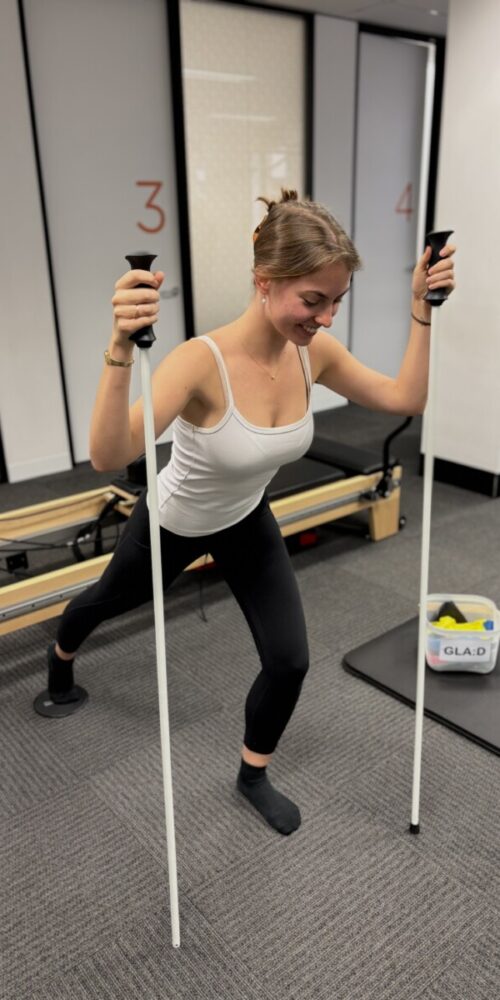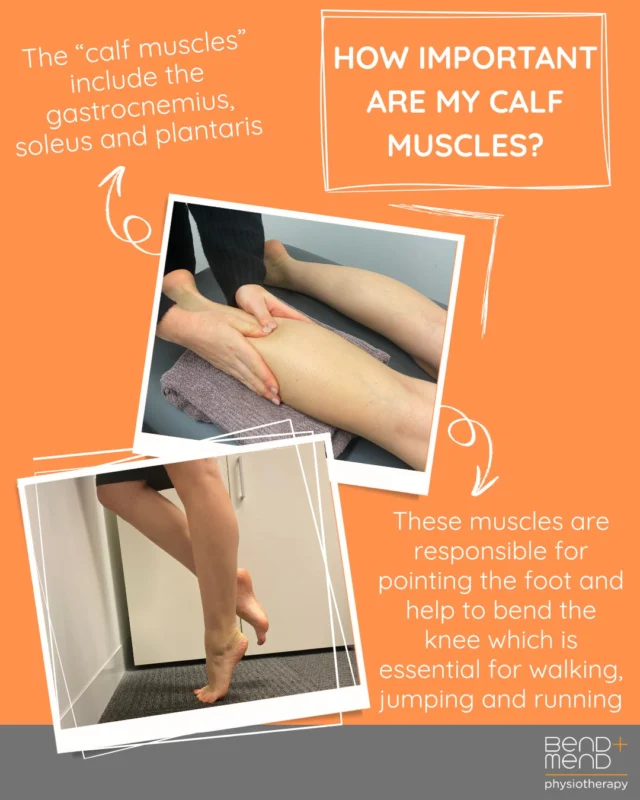How long will I need to wait to see a Physiotherapist ?
We will always offer you the first available appointment, often on the same day. Most people are seen within 24 hours.
What are the clinics' opening hours?
We are open at 7:30am every morning and have appointments available until 7.00pm from Monday to Thursday, and until 6.30pm on Friday.
Do I need a referral to see a Physio?
No, you can book in and come directly to see a Physiotherapist without a Doctor’s referral.
What do I need to wear or bring?
For Physiotherapy appointments, we have gowns and shorts available for you to change into, but feel free to bring your own exercise clothes if you prefer.
For Pilates sessions, please bring exercise clothes and a pair of socks to wear. We have change rooms available for you to use.
Please bring along any doctor’s referral letters, scan or x-ray results you have, and your private health insurance card so you can claim for your treatment on the spot.
How long is each appointment?
Your initial Physiotherapy appointment will be 30-45 minutes and follow-ups are 30 minutes. All Pilates sessions are 45 minutes.
What can I expect at the first appointment?
Your Physiotherapist will complete a thorough assessment of your complaint and then provide you with a preliminary diagnosis and appropriate treatment based on their findings. This will generally consist of some hands-on treatment, advice and often you will receive some exercises to do at home. Your Physiotherapist will also discuss with you their plan for management which will include likely recovery time, number of sessions required and future exercise advice.
What payment methods do you accept?
We accept cash, cheque, EFTPOS, VISA, and MasterCard. We also have HICAPS, so if you bring your private health fund card we can process your rebate on the spot and you will only need to pay the remainder of the fee.
How much will my health fund cover?
Different health funds cover different amounts for each session. You will need to check with your own health fund to find out how much you are entitled to for each Physiotherapy session.
Workcover information
We treat WorkCover patients and bill the insurance company directly, so there is no charge for you, the patient. Please bring your doctor’s referral and WorkCover claim number to your first Physiotherapy appointment. If you are suffering from a work-related issue, you should speak to someone at your workplace and lodge a WorkCover claim.
Medicare information
You may be entitled to receive some Physiotherapy treatment sessions under the Medicare Enhanced Primary Care Scheme, which covers people for 5 treatments per year in some circumstances. You will need to speak to your doctor and receive an appropriate doctor’s referral to claim for Physiotherapy under this scheme.






